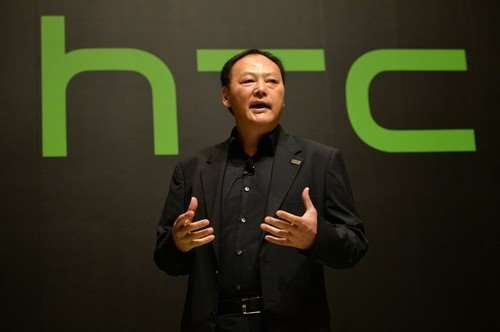It seems that you can only grow so fast. Android seems to have reached its market share peak in Q2 of this year, with sales down 5% from the same quarter last year. This is not cause for despair though, as Android still holds a 56% market share, 23% above its next closest competitor iOS(33%). These numbers are up to June 30th, so we don’t know how much of a factor the Galaxy S 3 will have on market share. I myself have a friend who recently went from the iPhone 4 to a Galaxy S3, who knows how many others there were.
Right now there are 3 players in the mobile OS market share business; Android OS, iOS, and Blackberry OS (I know, right!?). Blackberry has been in a downward spiral for the last 2 years as Android sprung to the top. In fact, Android could be credited with the extreme growth of the Smartphone market after the initial boom when the iPhone came out. iOS was pretty stagnant around 15-20% until Android hit the scene, then both OS’s saw growth continuing on until this quarter.
While Android saw a peak, it seems iOS has been tasked with finishing off Blackberry OS. iOS gained 10% share over this time last year. It makes sense that most businesses are more likely to transition to iOS because of its closed garden ecosystem then the openness of Android. But at this point, Blackberry is nearly dead at 6%. Where can we/it go from here?
Well Android is going to have to make sure they can hold off iOS and let it steal the remaining market share from Blackberry, but once it’s dead and gone, we have a new problem. It’s called Windows Phone 8. Jest all you want about it, but because Microsoft has the most customers in the PC business, it makes sense that many of them will try out WP8. Just like owning a Mac is a big pull for owning an iPhone, owning a PC will be a big pull to get a WP8 phone.
Until Chromebook’s start gaining considerable ground, we just don’t have the same pull as the other two. Here’s to hoping Samsung did something right.
Source [TechCrunch]









